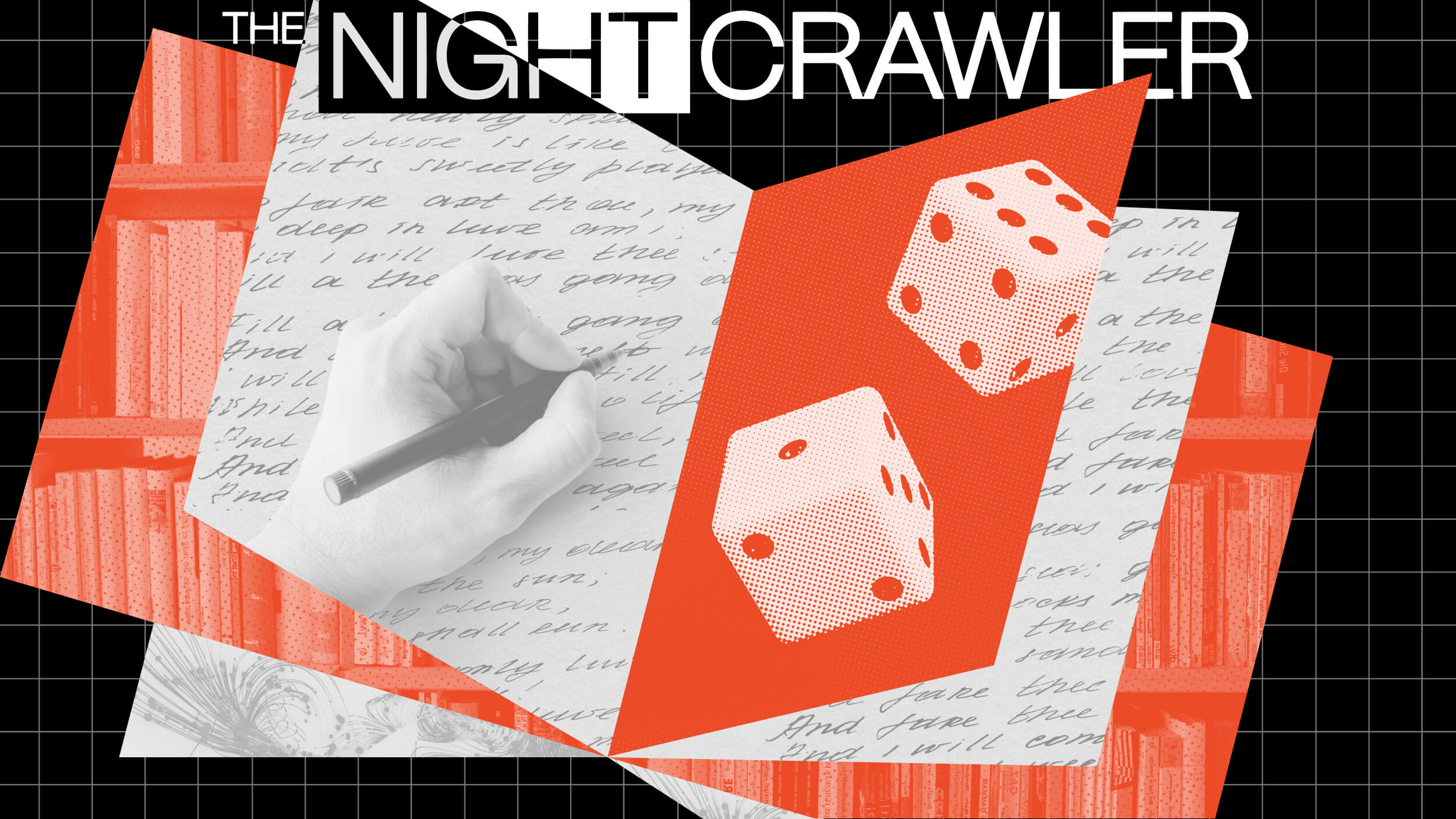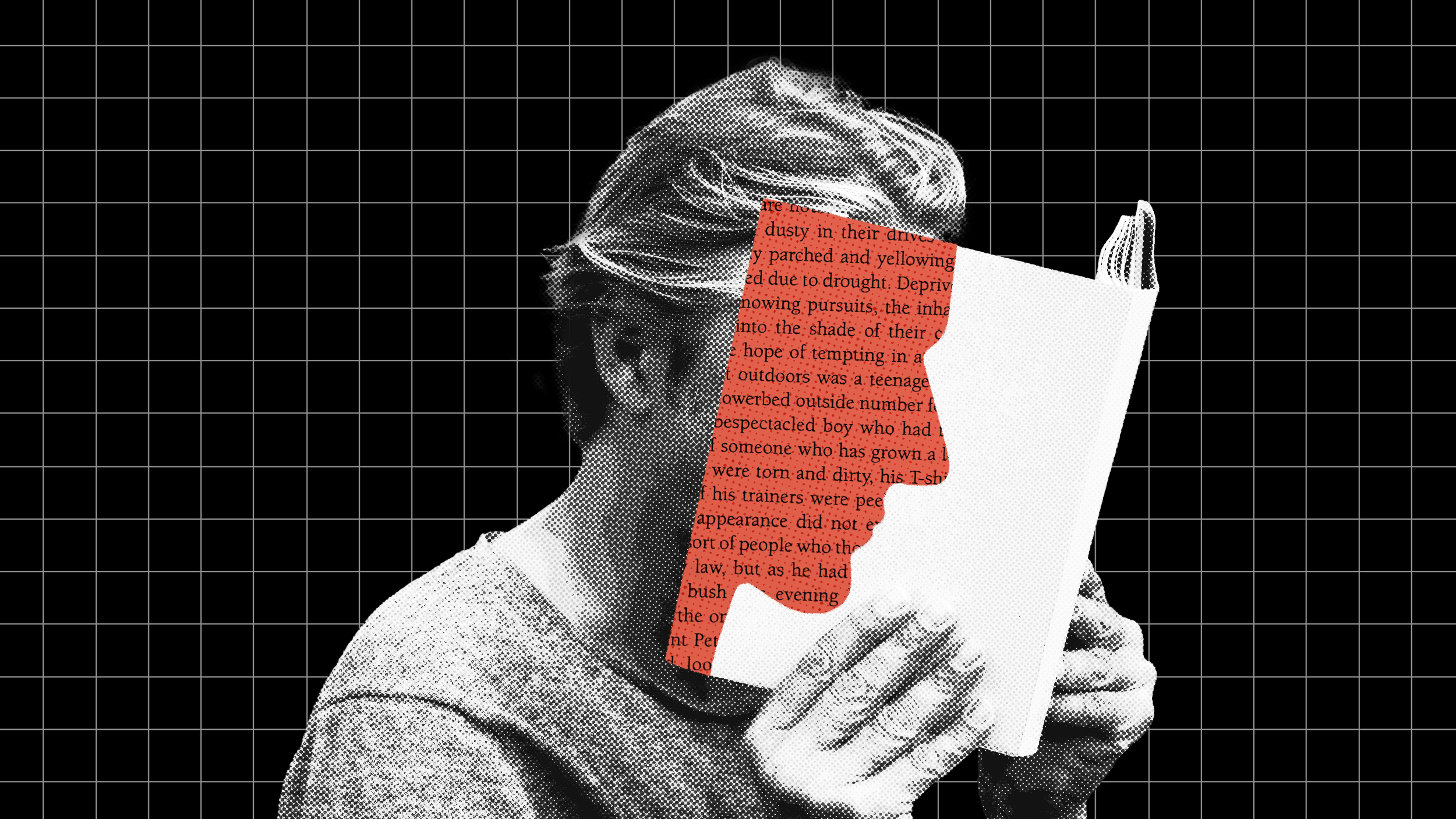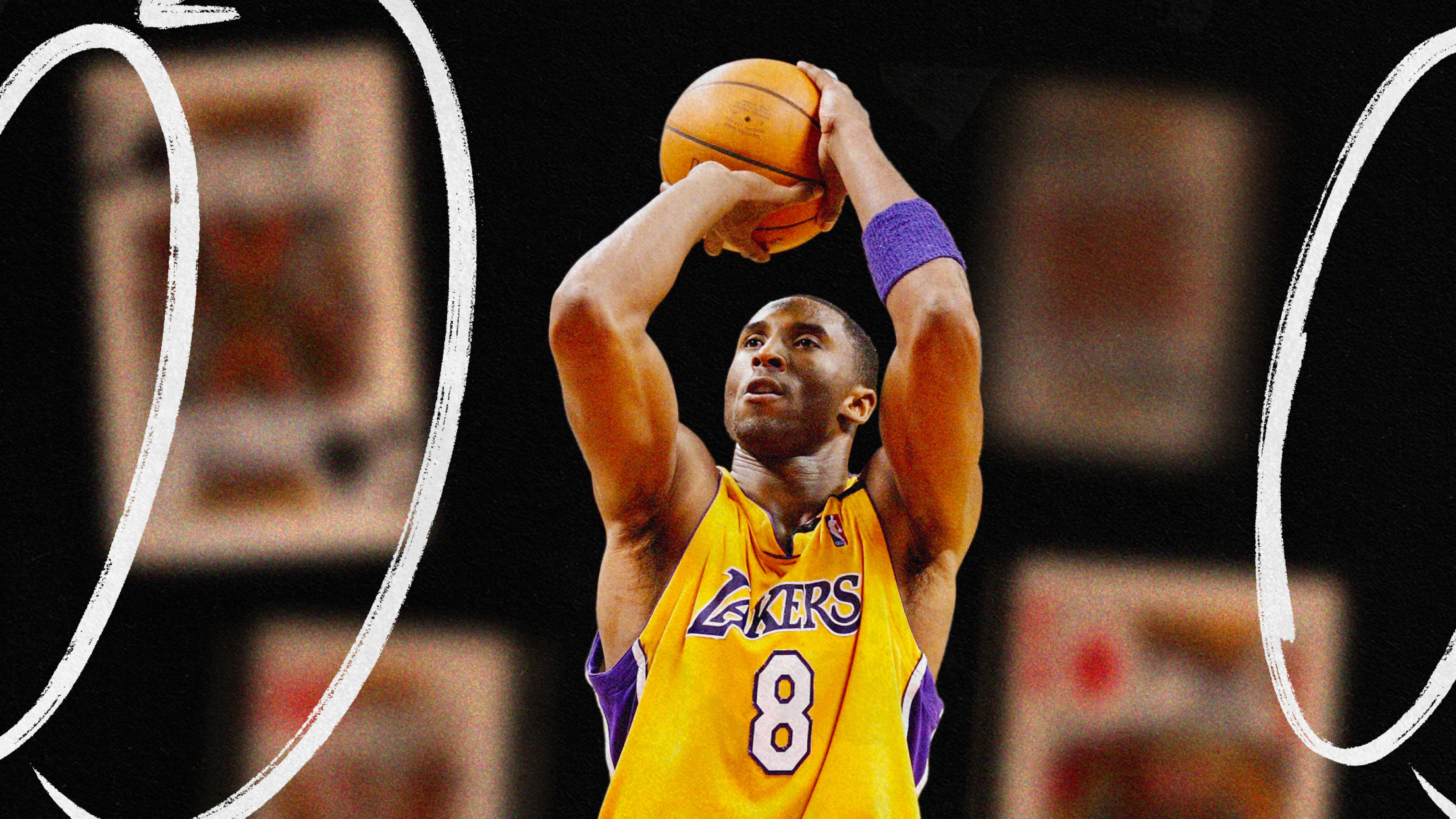Tony and Emmy Award winner Judith Light is critically acclaimed for her film, television, and stage work, as well as a Hollywood Walk of Fame Star recipient. Television: The Politician,[…]
Sign up for the Smarter Faster newsletter
A weekly newsletter featuring the biggest ideas from the smartest people
Not getting the roles that she wanted right out of school sparked a personal crisis for Judith Light. It took a job as a soap opera understudy to launch her career.
Question: When did you first develop a love of performance?
Judithrn Light: When I was three years old was when I first developed the rnlove of performance. My mother had helped me memorize “Twas the Night rnBefore Christmas” and I performed it for my father and it was in that rnmoment that psychiatrists or psychologists say is the palimpsest moment rnwhere you have this moment of clarity and it was in that moment that I rnsaid, “Oh, my. This is what I want to do.” So, that was when it started.rn It changed over the years for very good reasons, but that was the rnactual moment.
Question: What struggles did you face rnas a young actor and how did you overcome them?
Judith rnLight: The development of myself as an actor really started when I rnwent to Carnegie Mellon University, in Pittsburgh, and I was studying rnacting there. And in the brochure for the school it says, “This course rnis as rigorous and exacting as theater itself,” and they were not rnkidding. So that’s really when the difficulty started for me, because rnhere I was with everybody who had been the star of their high school rnplay. And so, we were in this milieu of about 60 people at the time and rnwe knew that at least half of us would be cut. My graduating class of rnactors that had come in with me was 15.
So, it was a really rnrigorous program and I thank God for it because it was an amazing rntraining program. And so, then I left there and I went into repertory rntheater and then it was at a certain point that I knew it was time for rnme to either go to New York or Los Angeles. And I called this rnextraordinary woman who I had become friendly with at the TCG auditions rnwhich are the Theater Communications Group auditions which is really, atrn the time, where you went to be seen by all the artistic directors of rnall the repertory theaters all over the country. Her name is Rosemary rnTishler and I called Rosemary and I said, “Okay, is it time for me to rncome to New York?” and she said, “Yes, I think it is.”
And that rnreally was a huge decision because it was a decision that changed my rnlife and I thought that it would be like it had been in repertory rntheater. I thought I would have all kinds of parts and that it would be rneasy and I would audition and I would get it. And then I didn’t. And so,rn I went through a real crisis in the late '70s, and I really had to lookrn at myself as a human being first and as a performer second as to what Irn really wanted because when I wasn’t getting what I thought I wanted, rnI’ve often said this to people. It was really part temper tantrum and rnpart existential crisis because I didn’t know what to do about not rngetting what I thought I wanted.
And it was over time, but therern was one specific moment where I said, “I have to give up. I can’t do rnthis anymore. I don’t want to do this anymore. What is it... how is it rnthat I’m contributing? Because I don’t have an experience of rncontributing, I don’t have an experience of making a difference. And I rndon’t like my life and is it going to matter if I go somewhere and do rn'Streetcar Named Desire' or is it going to matter if I go somewhere and rndo another play somewhere? What does it all mean?”
And it was atrn that time completely broke and my agent called me and they said, “They rnwant you to audition for an understudy for a soap opera.” And I said, rn“You don’t understand. I’m never doing a soap opera.” And I said, “And, rnby the way, just so you know, I’m never doing a sitcom either. So, just rnto be really clear.” She said, “Well, you have no money, so it’s $350 rnfor the day if you get it.” I said, “I’m there.”
So, I got it rnand I didn’t go on that day because the gal who was playing the part wasrn not ill that day, but they did ask me to audition for the role because rnthey had decided to replace her. And they asked me on the day that I rncame in to understudy her, they asked me what I would do with this part rnif this were where the part were to go. And I thought to myself, "This rnis interesting. This format reaches a lot of people. This could be some rnway to make a difference," And also to make money because I was living rnin New York City and New York City with no money, as everybody knows, rnit’s tough and you can only live so long on unemployment.
And I rngot it. They gave it to me and it changed my life. So, those were some rnof the things that were difficult times for me. I mean, there's more, rnbut that’s just sort of the beginning of the process, of my becoming a rndifferent kind of person and a different kind of actor, not the little rngirl who wanted her father’s approval when she was three years old.
Judithrn Light: When I was three years old was when I first developed the rnlove of performance. My mother had helped me memorize “Twas the Night rnBefore Christmas” and I performed it for my father and it was in that rnmoment that psychiatrists or psychologists say is the palimpsest moment rnwhere you have this moment of clarity and it was in that moment that I rnsaid, “Oh, my. This is what I want to do.” So, that was when it started.rn It changed over the years for very good reasons, but that was the rnactual moment.
Question: What struggles did you face rnas a young actor and how did you overcome them?
Judith rnLight: The development of myself as an actor really started when I rnwent to Carnegie Mellon University, in Pittsburgh, and I was studying rnacting there. And in the brochure for the school it says, “This course rnis as rigorous and exacting as theater itself,” and they were not rnkidding. So that’s really when the difficulty started for me, because rnhere I was with everybody who had been the star of their high school rnplay. And so, we were in this milieu of about 60 people at the time and rnwe knew that at least half of us would be cut. My graduating class of rnactors that had come in with me was 15.
So, it was a really rnrigorous program and I thank God for it because it was an amazing rntraining program. And so, then I left there and I went into repertory rntheater and then it was at a certain point that I knew it was time for rnme to either go to New York or Los Angeles. And I called this rnextraordinary woman who I had become friendly with at the TCG auditions rnwhich are the Theater Communications Group auditions which is really, atrn the time, where you went to be seen by all the artistic directors of rnall the repertory theaters all over the country. Her name is Rosemary rnTishler and I called Rosemary and I said, “Okay, is it time for me to rncome to New York?” and she said, “Yes, I think it is.”
And that rnreally was a huge decision because it was a decision that changed my rnlife and I thought that it would be like it had been in repertory rntheater. I thought I would have all kinds of parts and that it would be rneasy and I would audition and I would get it. And then I didn’t. And so,rn I went through a real crisis in the late '70s, and I really had to lookrn at myself as a human being first and as a performer second as to what Irn really wanted because when I wasn’t getting what I thought I wanted, rnI’ve often said this to people. It was really part temper tantrum and rnpart existential crisis because I didn’t know what to do about not rngetting what I thought I wanted.
And it was over time, but therern was one specific moment where I said, “I have to give up. I can’t do rnthis anymore. I don’t want to do this anymore. What is it... how is it rnthat I’m contributing? Because I don’t have an experience of rncontributing, I don’t have an experience of making a difference. And I rndon’t like my life and is it going to matter if I go somewhere and do rn'Streetcar Named Desire' or is it going to matter if I go somewhere and rndo another play somewhere? What does it all mean?”
And it was atrn that time completely broke and my agent called me and they said, “They rnwant you to audition for an understudy for a soap opera.” And I said, rn“You don’t understand. I’m never doing a soap opera.” And I said, “And, rnby the way, just so you know, I’m never doing a sitcom either. So, just rnto be really clear.” She said, “Well, you have no money, so it’s $350 rnfor the day if you get it.” I said, “I’m there.”
So, I got it rnand I didn’t go on that day because the gal who was playing the part wasrn not ill that day, but they did ask me to audition for the role because rnthey had decided to replace her. And they asked me on the day that I rncame in to understudy her, they asked me what I would do with this part rnif this were where the part were to go. And I thought to myself, "This rnis interesting. This format reaches a lot of people. This could be some rnway to make a difference," And also to make money because I was living rnin New York City and New York City with no money, as everybody knows, rnit’s tough and you can only live so long on unemployment.
And I rngot it. They gave it to me and it changed my life. So, those were some rnof the things that were difficult times for me. I mean, there's more, rnbut that’s just sort of the beginning of the process, of my becoming a rndifferent kind of person and a different kind of actor, not the little rngirl who wanted her father’s approval when she was three years old.
Recorded on May 10, 2010
Interviewed by Austin Allen
▸
28 min
—
with





